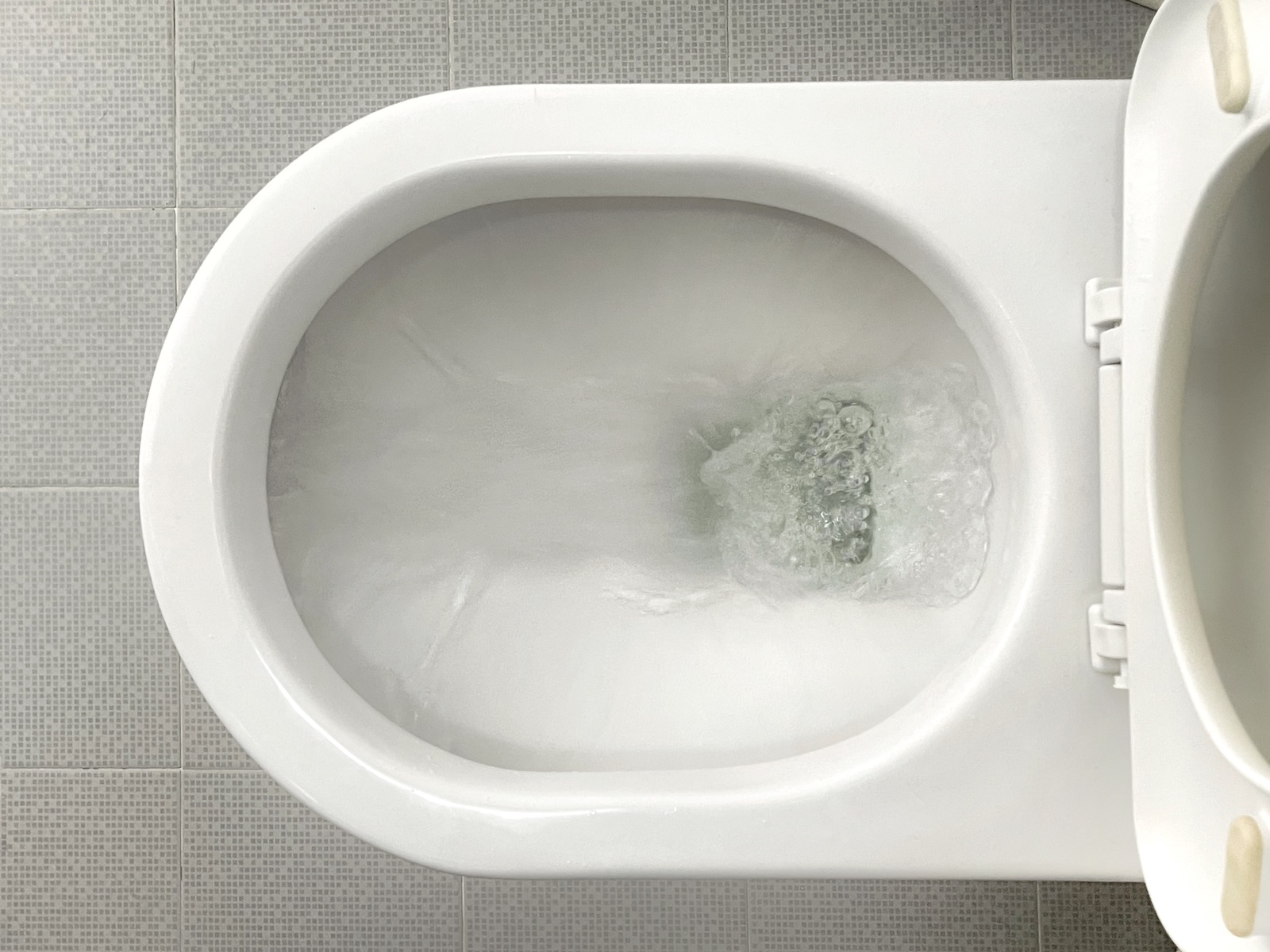If you were to drink improperly recycled toilet water, it could really hurt you — but probably not in the way you’re thinking. Advanced purification technology so thoroughly cleans wastewater of feces and other contaminants that it also strips out natural minerals, which the treatment facility then has to add back in. If it didn’t, that purified water would imperil you by sucking those minerals out of your body as it moves through your internal plumbing.
So if it’s perfectly safe to consume recycled toilet water, why aren’t Americans living in parched western states drinking more of it?
A new report from researchers at the University of California, Los Angeles, and the Natural Resources Defense Council finds that seven western states that rely on the Colorado River are on average recycling just a quarter of their water, even as they fight each other and Indigenous tribes for access to the river amid worsening droughts. Populations are also booming in the Southwest, meaning there’s less water for more people.
The report finds that states are recycling wildly different proportions of their water. On the high end, Nevada reuses 85 percent, followed by Arizona at 52 percent. But other states lag far behind, including California (22 percent) and New Mexico (18 percent), with Colorado and Wyoming at less than 4 percent and Utah recycling next to nothing.
The report found that if the states other than high-achieving Nevada and Arizona increased their wastewater reuse to 50 percent, they’d boost water availability by 1.3 million acre-feet every year. Experts think that it’s not a question of whether states need to reuse more toilet water but how quickly they can build the infrastructure as droughts worsen and populations swell.
I wonder how long it will take them to figure out that using drinkable water for toilets is ridiculous in the first place. Poop in a bucket, compost it, fertilise the fruit trees. Food security and water security at the same time.
Agreed completely. I set up a humanure system a couple years ago and it’s simple as can be. I get wood shavings for free from a local furniture shop, mix it with biochar, and use that as cover material. My bin hasn’t gotten hot enough to kill pathogens, so once it’s full I’ll just use it on my bushes & flowering perennials.
I’m currently renting, so unfortunately I’m not able to set up a greywater pond/rain garden for sink and shower water, but that’s the end goal when/if I get a place of my own.
Pro tip: you don’t really need to worry about pathogens. You have an immune system for a reason. Even if your poop compost was somehow colonised by some sort of alien superbacteria that would get inside of you and turn your vital organs into liquid shit, when the compost is fully broken down, they will have no more food, and they will either die off or move elsewhere. At that point, you could eat out of the compost bin if you wanted, and it would be perfectly safe.
If the fish are being poisoned by treated wastewater, i wonder what will happen to humans drinking the same.
https://www.vox.com/down-to-earth/407949/anti-anxiety-depression-medication-wildlife-salmon
Water is essential to human survival, so I would consider that a primary problem. Trace pharmaceuticals in drinking water aren’t great, but I would consider that a secondary (or even tertiary) problem, and a solvable one at that.
To start, the vast majority of water use is agricultural (nearly 90% in Colorado, for example), and soil & plants provide 2 more layers of biofilters for any contaminants that might remain. This paper delves into that, although from the cursory glance I gave it’s not clear whether the concentrations are anywhere near an effective dose. My guess is no:
Diazinon, enrofloxacin, florfenicol and trimethoprim accumulated also in leaves of lettuce, while florfenicol, levamisol and trimethoprim in carrot roots (Boxall et al. 2006); according to the author, the results of research carried out so far show a low risk of exposure to these substances through the consumption of vegetables.
If recycled water was used purely for agriculture (drawing on watersheds & aquifers for drinking water), I imagine that would solve the scarcity issue while further diluting pharmaceutical contamination. When it comes to recycling drinking water, Harvard Health Publishing says that not much research has been done in this area, and I do think that’s important to look into if (when?) water recycling becomes more of a necessity.
Singapore: toldja



